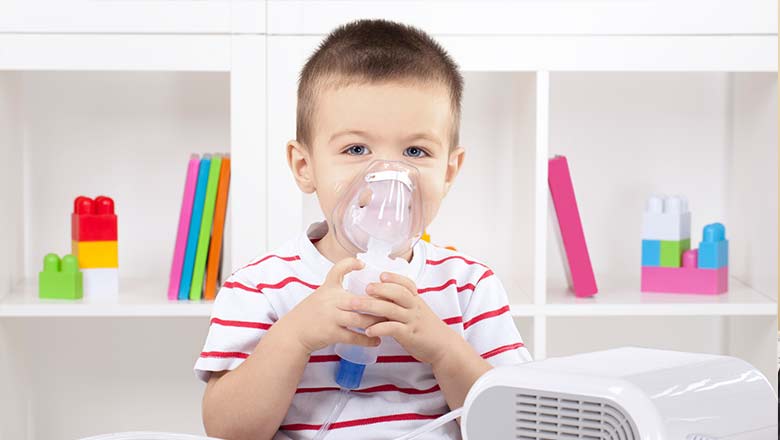Search

The Foundations of Lung Disease Team is focused on improving the diagnosis, treatment, and lifelong care of childhood lung disease.
We’ve heard from families that trustworthy information about preterm-associated lung disease is difficult to find. In response, we’ve created resources to empower families with the knowledge they need to manage these challenges.
This project investigates how different populations of cells within the respiratory tract immune system are altered during a viral infection.
One in eight children have asthma, a chronic disease of the airways in the lungs. It results in shortness of breath, chest tightness, wheezing and coughing.

A collaboration between The Kids Research Institute Australia and Joondalup Health Campus is poised to be a game-changer for early childhood development.

An ambitious project that could stop children developing asthma is the centrepiece of a new world-class respiratory research centre launched in Perth.

Researchers developing a world-first treatment that targets an underlying cause of asthma have secured a $499,640 grant from the Future Health, Research and Innovation Fund – Innovation Seed Fund.
We describe recent "omic"-level findings, and examine how these findings have been systematically integrated to generate further insight
Developing a FeNO test that is affordable enough to allow daily measurements, patients will be able to access quantifiable data to assist them to monitor their asthma

This study is designed to identify the specific unique immune cell response that occurs in these children with recurrent disease.
